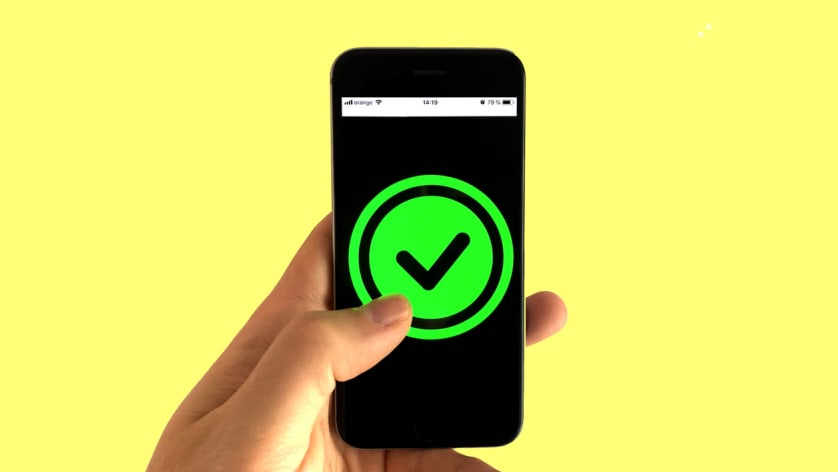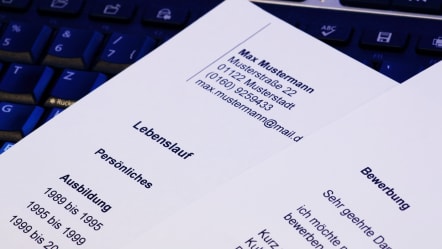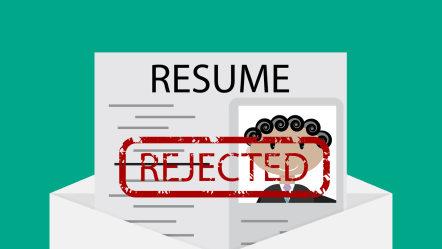How to ask for feedback on your tech interview

There's no doubt: interviews can feel incredibly transactional, especially when you've gone through a series of interviews without getting an offer. But like any other learning process, interview performance is a skill that can be improved with practice. Getting external feedback is not only important for understanding how your actions and responses are perceived, but can also help you improve your technique much faster.
However, asking for feedback can be awkward, especially if you've never done it before. These tips can help you get the feedback you're looking for - either during the interview or after you've received a response (positive or negative).
Tactic 1: During the dev interview
Some experts are big proponents of asking for live feedback, but it's up to you to evaluate and decide if it's appropriate given the context.
One consideration must be whether there is still time in the interview or afterwards. Interviewers often give candidates time to ask their own questions—but consider having other higher-priority questions answered at this point before reviewing your performance over the last 30 minutes.
You should also try to assess whether the other person looks like someone who would prefer to provide feedback immediately rather than via email or a recruiter afterwards. However, some people may feel uncomfortable having to give you direct feedback rather than thoughtful feedback after the interview.
Your approach could look something like this:
- Thank the interviewer for the time he/she took.
- Explain that you're always looking for ways to improve, both in interviews and just to find out what gaps in your resume need to be filled.
- Politely ask if they have any feedback they'd like to share with you during the remainder of the interview.
- But also express that you are aware that time is short and that subsequent feedback is therefore an alternative for you.
Tactic 2: After the fact
Asking for feedback after an IT interview is usually in response to a negative outcome of the application process, as there probably isn't much negative to say if you ended up getting a job offer. Even if you've received an offer, there's nothing wrong with asking for feedback to improve your performance in the future. In general, however, it is much more difficult to ask why you did not get a job.
First of all, the further along you are in the interview process, the more valuable the feedback you receive is generally. For example, if you only did a phone interview, don't expect an in-depth response: however, if you've gone through a few rounds, the team has gotten to know you and your skills better, and should therefore have some valuable points for you as to why it wasn't enough this time .
Generally, if the recruiter or hiring manager provides the result over the phone, it's a good idea to ask for feedback every once in a while. If it's an email, try to make your request in good time so that your interview can be remembered well.
Regardless of when you ask, you can follow the same general approach outlined above.
You can also consider the following questions/tactics:
- If you didn't get a clear reason for the rejection, ask if they can give you a detail or two about how and why the decision was made.
- Ask if they can give you details about the skills/background of the selected candidate
- If the interview included specific questions or coding tasks that stuck in your mind - especially if you think you did well on them - try to get feedback on those points. You may have missed something or made a small mistake, but you'll never know how to improve unless you ask.
- If you're still interested in working for the company, ask them to keep an eye on you for future opportunities that might better suit you.













